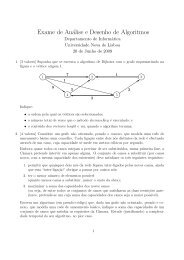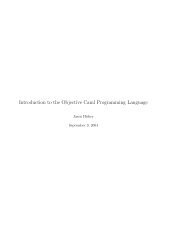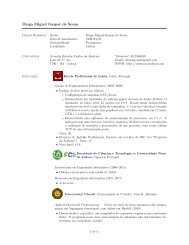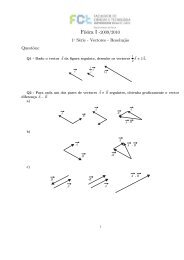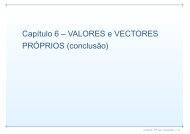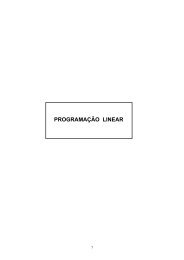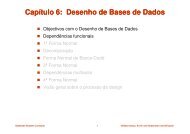Security Articles from Wikipedia
Security Articles from Wikipedia
Security Articles from Wikipedia
Create successful ePaper yourself
Turn your PDF publications into a flip-book with our unique Google optimized e-Paper software.
SHA-1 134<br />
SHA-1<br />
SHA-1<br />
General<br />
Designers National <strong>Security</strong> Agency<br />
First published 1993 (SHA-0),<br />
1995 (SHA-1)<br />
Series (SHA-0), SHA-1, SHA-2, SHA-3<br />
Certification FIPS<br />
Detail<br />
Digest sizes 160 bits<br />
Structure Merkle–Damgård construction<br />
Rounds 80<br />
Best public cryptanalysis<br />
A 2008 attack by Stéphane Manuel breaks the hash function, as it can produce hash collisions with a complexity of 2 51 operations. [1]<br />
In cryptography, SHA-1 is a cryptographic hash function designed by the United States National <strong>Security</strong> Agency<br />
and published by the United States NIST as a U.S. Federal Information Processing Standard. SHA stands for "secure<br />
hash algorithm". The three SHA algorithms are structured differently and are distinguished as SHA-0, SHA-1, and<br />
SHA-2. SHA-1 is very similar to SHA-0, but corrects an error in the original SHA hash specification that led to<br />
significant weaknesses. The SHA-0 algorithm was not adopted by many applications. SHA-2 on the other hand<br />
significantly differs <strong>from</strong> the SHA-1 hash function.<br />
SHA-1 is the most widely used of the existing SHA hash functions, and is employed in several widely used security<br />
applications and protocols. In 2005, security flaws were identified in SHA-1, namely that a mathematical weakness<br />
might exist, indicating that a stronger hash function would be desirable. [2] Although no successful attacks have yet<br />
been reported on the SHA-2 variants, they are algorithmically similar to SHA-1 and so efforts are underway to<br />
develop improved alternatives. [3][4] A new hash standard, SHA-3, is currently under development — an ongoing<br />
NIST hash function competition is scheduled to end with the selection of a winning function in 2012.



